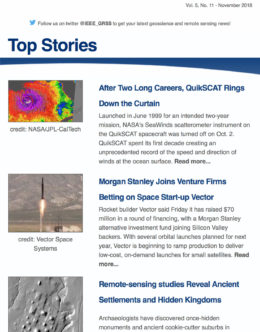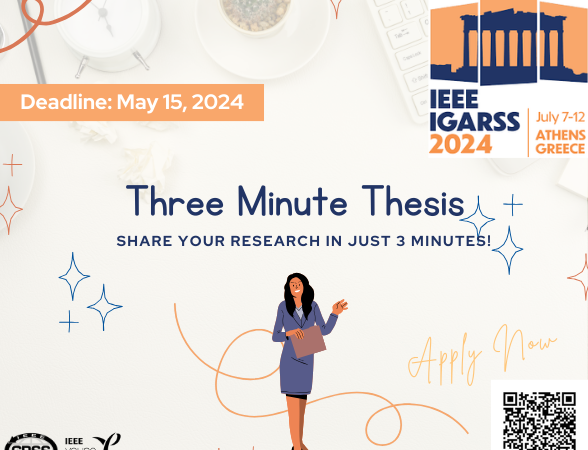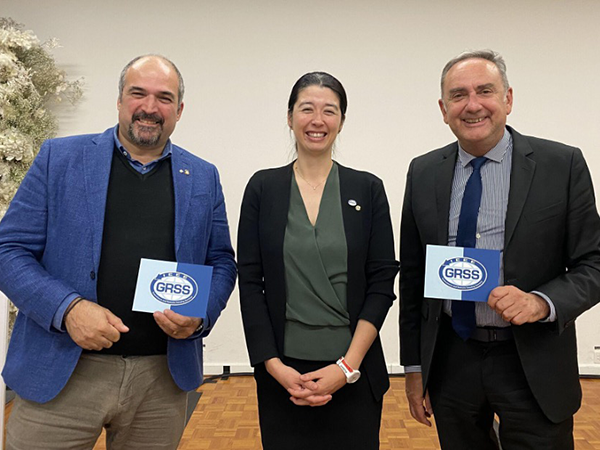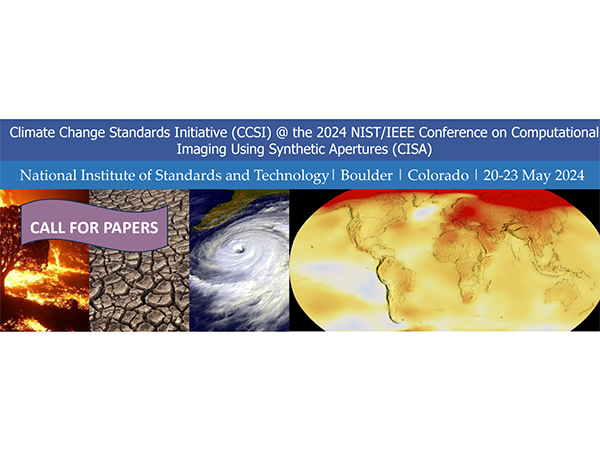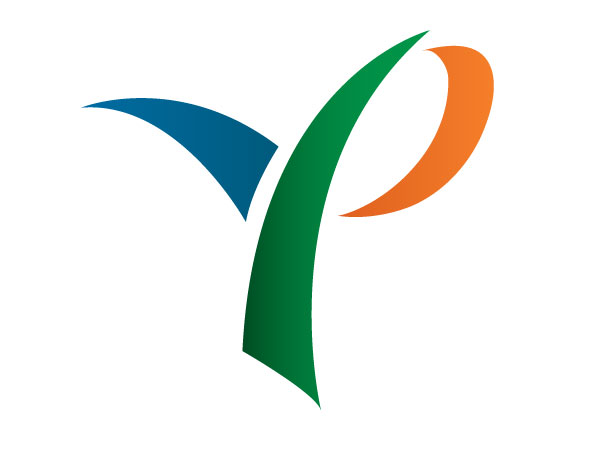The IEEE Geoscience and Remote Sensing Society is organizing a 3MT™ competition at IGARSS 2019. The competition is open to all students in a research-based masters or doctoral program i.e. a program in which a final thesis is needed to graduate. There will be two stages in the competition. In the first phase, all eligible students who have submitted an abstract to IGARSS can upload a 5-minute video describing their thesis to a video platform of their choice (Youtube, Youku Tudou, etc.) by June 1, 2019. The judging criteria for this phase are presentation skills (40%), scientific quality (40%) and originality (20%) of the topic presented. Any visual aid is permitted only for this phase of the competition.
Out of the submissions, 10 will be selected to present at IGARSS 2019 to an audience and an adjudicating panel in Yokohama, Japan for the second phase of the competition. The rules and judging criteria for the second stage are those of the traditional 3MT™ competition as noted below. The top 3 presentations as judged by the panel will be awarded cash prizes of $500, $300 and $200 at the IGARSS banquet.
For the initial phase, please submit your videos by June 1, 2019, through this form here.
If you have any questions about the competition please send them an email to Subit Chakrabarti at subit@ieee.org.
Timeline of Competition
By June 1, 2019: Submit 5-minute videos for competition in Phase 1.
July 1, 2019: Top 10 submissions are invited to present at 3MT™ competition at IGARSS 2019.
July 31, 2019: 3MT™ competitions at IGARSS
August 1, 2019: Winners announced and prizes awarded at IGARSS banquet.
Rules
- A single static PowerPoint slide is permitted. No slide transitions, animations or ‘movement’ of any description are allowed. The slide is to be presented from the beginning of the oration.
- No additional electronic media (e.g. sound and video files) are permitted.
- No additional props (e.g. costumes, musical instruments, laboratory equipment) are permitted.
- Presentations are limited to 3 minutes maximum and competitors exceeding 3 minutes are disqualified.
- Presentations are to be spoken word (e.g. no poems, raps or songs).
- Presentations are to commence from the stage.
- Presentations are considered to have commenced when a presenter starts their presentation through either movement or speech.
- The decision of the adjudicating panel is final.
Comprehension and content
- Did the presentation provide an understanding of the background and significance to the research question being addressed, while explaining terminology and avoiding jargon?
- Did the presentation clearly describe the impact and/or results of the research, including conclusions and outcomes?
- Did the presentation follow a clear and logical sequence?
- Was the thesis topic, research significance, results/impact and outcomes communicated in language appropriate to a non-specialist audience?
- Did the presenter spend adequate time on each element of their presentation – or did they elaborate for too long on one aspect or was the presentation rushed?
Engagement and communication
- Did the oration make the audience want to know more?
- Was the presenter careful not to trivialize or generalize their research?
- Did the presenter convey enthusiasm for their research?
- Did the presenter capture and maintain their audience’s attention?
- Did the speaker have sufficient stage presence, eye contact, and vocal range; maintain a steady pace, and have a confident stance?
- Did the PowerPoint slide enhance the presentation – was it clear, legible, and concise?









